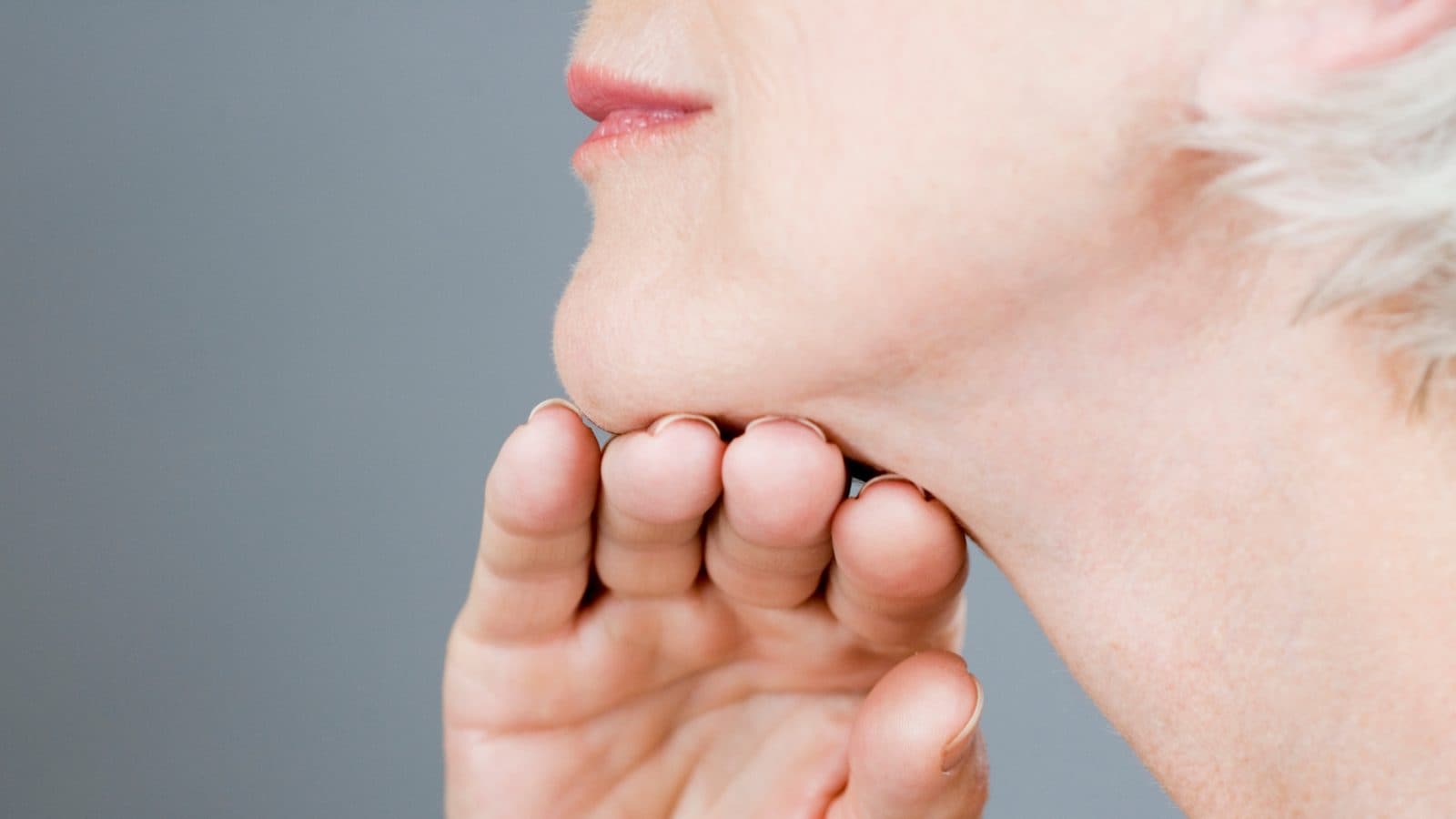Skin is the most sensitive part of our body. It is exposed to air, pollution, insects, and other environmental factors, which makes it prone to allergies. It’s hard to notice when an insect bites you, you will know that you have developed an allergy only once you start feeling itchy and your skin turns red. While some allergies do not spread throughout the body, many can make your whole skin itchy really badly. To understand more about skin allergies, let’s take a look at the causes, symptoms, and ways to treat them.
Why do skin allergies happen?
A skin allergy is triggered when your skin gets exposed to some kind of allergen. It can be an insect, a plant, the air, pollution, or other antigens. When skin gets in contact with any catalyst that causes it to tamper, our immune system responds and the skin gets a rash, which might or might not spread throughout the body. While trying out new skincare products often irritates the skin and causes allergies, some other allergens that trigger skin allergies are:
Soap
Chemicals
Insects
Flowers
Temperature
Pollens
Poison Oak
Wax
Drugs
Sunrays
Detergent
Expired cosmetics
What are the symptoms of a skin allergy?
While getting a rash is the primary way to detect a skin allergy, there are multiple symptoms that can occur when our skin becomes allergic. Our skin either gets a few or all of the following systems while developing an allergy:
Itchiness
Burning Sensation
Redness
Swollen region
Raised bumps
Flaked skin
Cracked skin
Inflammation of the skin
How to diagnose a skin allergy?
Apart from the visible signs and case taking, the way to diagnose what causes the skin to become red and itchy is through patch testing. A doctor puts a little patch consisting of various allergens on an adhesive sheet and applies it to the person’s back for 48 hours. After removing the patch, they test the changes in the patches for 72 hours and see what causes your skin to react.
How to treat a skin allergy?
Medication: Your doctor will often prescribe you preventive medicine such as antihistamines to prevent the onset of symptoms.
Creams: You can use ointments with flurandrenolide, diflorasone diacetate, or fluocinonide to get rid of inflammation, make the skin feel cool, and stop itching.
Read all the Latest News , Breaking News and IPL 2022 Live Updates here.
For all the latest Lifestyle News Click Here
For the latest news and updates, follow us on Google News.

